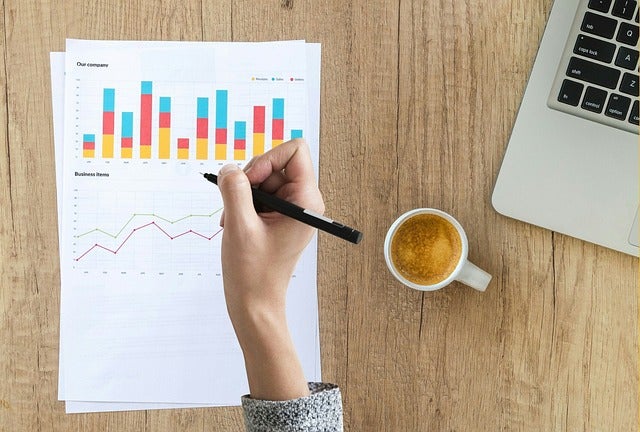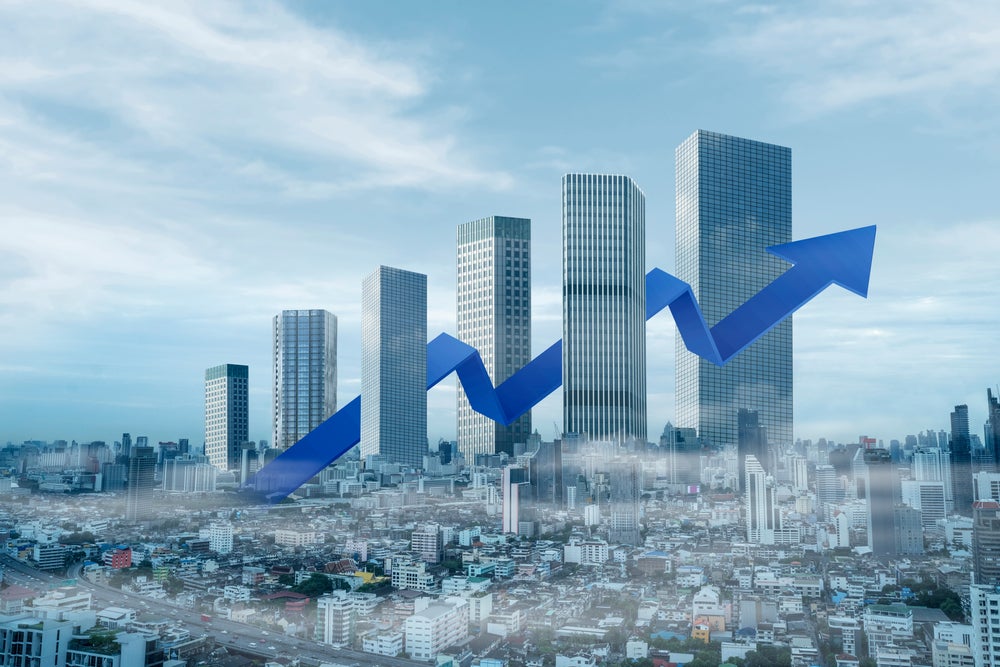Mouhammed Choukeir, Chief Investment Officer, Kleinwort Hambros gives a review of 2016
The year 2016 was off to a terrible start. Echoing the domino effect witnessed in much of 2015, the sell-off was triggered by a steep fall in Chinese equities, which in turn led to rampant global speculation on the economic growth prospects for China. This set in motion a sell-off in commodities, particularly oil, as China is a principal commodities consumer. Finally, plummeting commodities not only sunk the share prices of companies directly affected, but also pulled down seemingly unrelated companies, bringing down wider equity indices.
At its low, Brent crude traded near $26 per barrel in late January, its lowest price in over a decade. Seemingly in lockstep, global equities were down over 10% on a year-to-date basis in January, and dangerously close to entering bear market territory.
Unexpectedly, however, oil prices received a fillip as rumours of a production “freeze” led by Saudi Arabia and Russia started making rounds in February. This triggered a rally that lasted the rest of the year. Equities, taking they cue from oil, also rallied strongly. Interestingly, the correlation between changes in the price for oil and changes in equity markets is at its highest level in many years, with each market alternatively bolstering or bulldozing risk-sentiment in the other.
The renewal in global risk appetites was, however, abruptly halted – and volatility spiked – as the UK voted to leave the European Union (EU) on June 23. But, the political climate in the UK calmed, partly as the quick and relatively painless transition of power eliminated one key "Brexit" risk. Indeed, another risk – an immediate economic fallout – was largely unrealised. Even an initially pessimistic Bank of England confirmed a better-than-expected post-“Brexit” economic picture and “less of a slowing in UK GDP growth” than anticipated. The markets, following this brief hiccup, once again boarded the “risk-on” train.
How well do you really know your competitors?
Access the most comprehensive Company Profiles on the market, powered by GlobalData. Save hours of research. Gain competitive edge.

Thank you!
Your download email will arrive shortly
Not ready to buy yet? Download a free sample
We are confident about the unique quality of our Company Profiles. However, we want you to make the most beneficial decision for your business, so we offer a free sample that you can download by submitting the below form
By GlobalDataThen came perhaps a shock even larger than “Brexit”, and that of course was the result of the US election. Investors continued to bid markets higher as the prospect of a Hillary Clinton victory appeared assured. Following an almost imperceptible wobble following Donald Trump’s victory, investors – fickle beasts that they are – embraced the President-elect. Indeed, a lightning fast consensus developed that huge US infrastructure spending will cause a surge of global growth. While this is supportive of equities, government bonds everywhere reversed year-to-date gains as this growth will apparently lead to an overshoot in inflation.
However, perhaps more important factor is behind why all the geopolitical “noise” has not led to a breakdown in risk assets: loose monetary policies and quantitative easing programmes across the world. The Bank of England, the European Central Bank and the Bank of Japan continued to directly intervene in financial markets, buying government and corporate bonds, bidding prices up and yields down. Even the US Federal Reserve, while not actively buying assets over this year, kept interest rates at 0.50%, unchanged all year.
Markets are replete with bouts of volatility. Prudent investors eschewed the noise, and remained focused on the long-run fundamentals. Indeed, this year began amidst deep fears of a Chinese "hard landing" and a collapsing commodity complex; the FTSE 100 and the S&P 500 were both in double-digit negative territory for the year in February. Once again, markets were sharply lower following the EU referendum, as Europe entered a "new paradigm". Similar events can be listed going back over the last seven years, be it a "taper tantrum", "Grexit" and the “Fiscal cliff", to name but a few. In hindsight, each of those periods resulted in deeply oversold sentiment, with markets attractively valued and generally in positive momentum. That is a time to stay “in”, not “out”.







